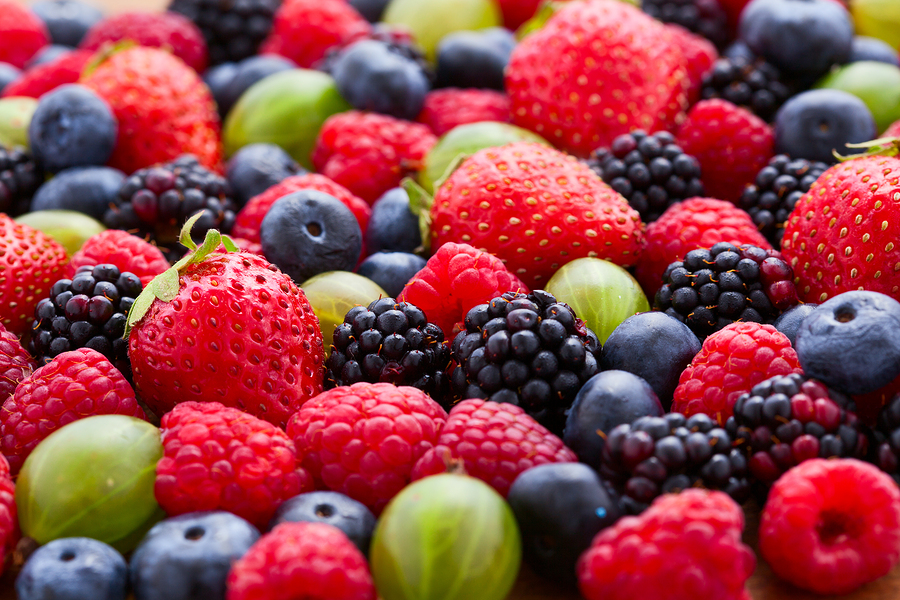- Make It Yourself Lavender Heart-Shaped Bath Bombs!
- 20 Things You Never Knew About “Down There”
- 12 Best Foods For Those Suffering From Arthritis Pain
- 12 Personal Hygiene Mistakes Almost Everyone Makes (Mom Never Told You About #4!)
- 15 Medicinal Plants And Herbs From The Cherokee People
- 12 Mind-Blowing Benefits Of Drinking Coconut Water During Pregnancy
- 12 Outstanding Winter Foods That Won’t Fatten You Up Like A Christmas Turkey
Can Eating More Berries Help You Lose Weight?

Photo credit: bigstock.com
When people are trying to lose weight, the first things that usually come to mind are diets, cutting calories, and cutting back on tasty foods in general. Since food is what causes us to put on weight, it only makes sense to think that eating less is the best way shed extra pounds. Less calories, less weight. How could it be any simpler?
But scientists are learning that losing weight isn’t that simple it all. In some cases, eating more can actually help you lose weight, but only if you’re picking the right foods.
New research has shown that eating more fruits, and particularly more berries, can help you lose weight and improve your overall health. Let’s explore why.
What’s So Special About Fruit?
To begin with, fruits contain a lot of water. Water-rich foods provide necessary hydration, but they also help those who eat them feel full longer, preventing them from overeating. Fruits also have a lot of fiber, which both aids and slows down digestion. This too helps prolong the feeling of being full after eating.
But the benefits don’t stop there. Fruits contain a type of natural compounds called flavonoids. These powerful compounds perform many different and important functions in all plants and animals, but the specific tasks vary from one species to the next.
In plants, flavonoids facilitate communication between cells. They also play a role in determining the specific color a fruit or flower has. In humans, flavonoids have been linked to a variety of health benefits, including:
- Reduced risk of heart disease. According to studies conducted at the Cleveland Clinic and Oregon State University, flavonoids can contribute to lower blood pressure and cholesterol. While more research is needed to confirm the role flavonoids play in improving cardiovascular health, initial research results appear promising.
- Anti-inflammatory properties. Inflammation is linked to all manner of health problems, and foods rich in flavonoids, like berries, can help combat this nuisance.
- Antioxidants. Oxidative stress contributes to the aging process. Antioxidants can effectively keep you biologically “younger” and healthier by eliminating free radicals which damage cells. Fruits, especially berries, are rich in antioxidants. This also ties back into the first point, since high levels of free radicals can increase your body’s levels of LDL cholesterol (the harmful kind) and increase your risk of heart disease.
But most important of all, flavonoid-rich diets have been linked to the curbing of unwanted weight gain in humans.
Continue to Page 2
































